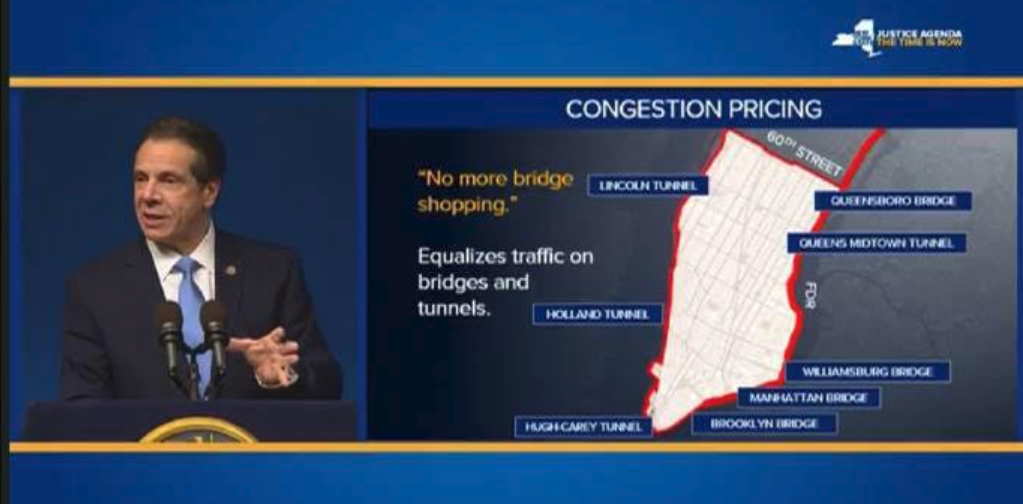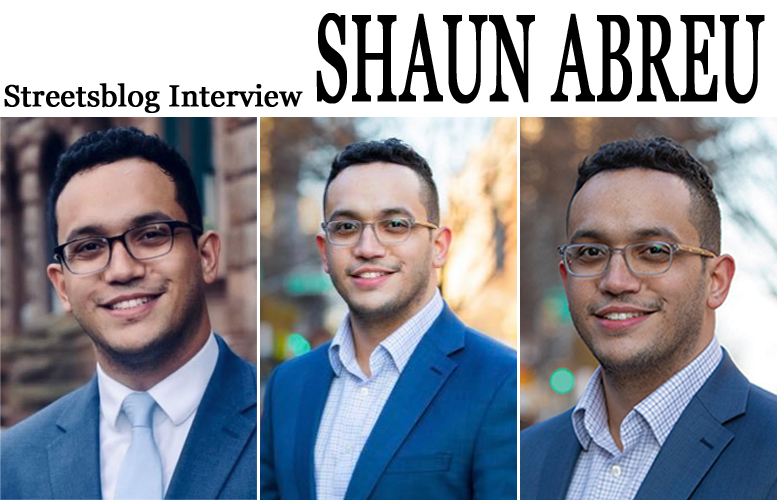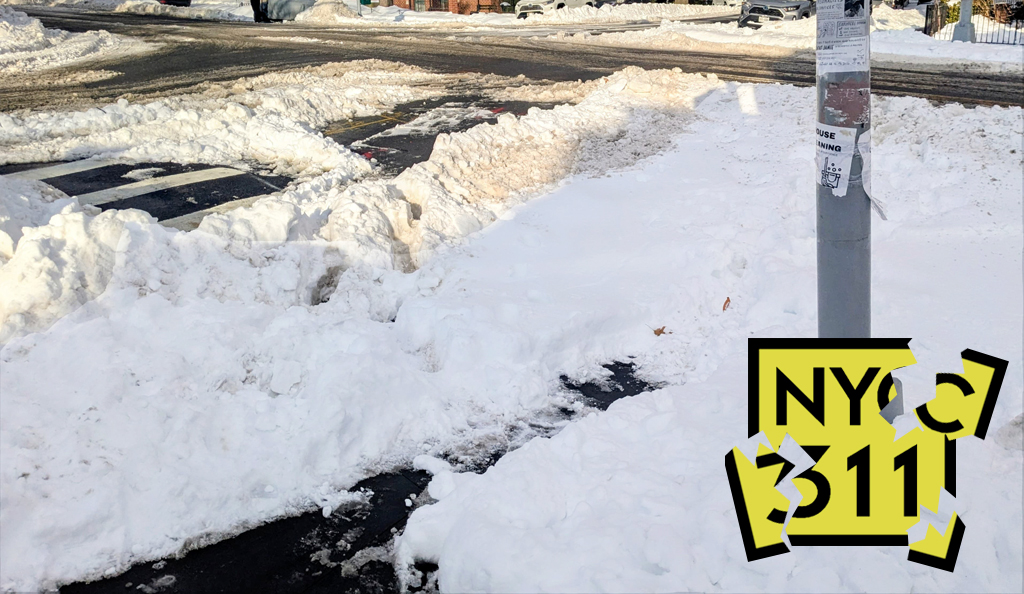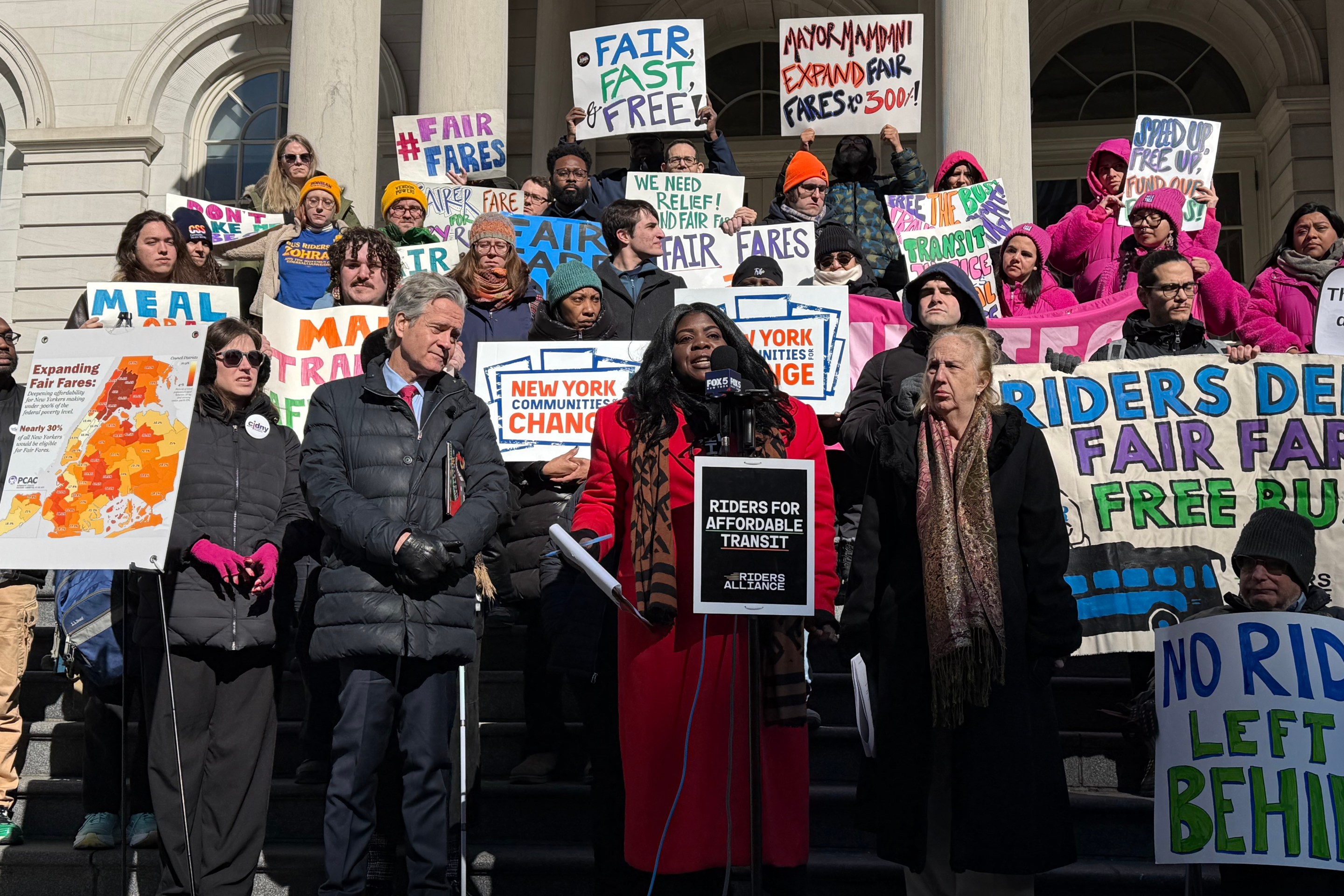Maybe Congress could drain the swamp and save congestion pricing?
The revenue-raising toll plan that was approved in Albany last year, but remains stuck in administrative purgatory in Washington, could be rescued as part of the next coronavirus relief package, if New York City's Congressional delegation plays its cards right.
"Congress, as part of any rescue plan, could approve congestion pricing by taking the authority [to approve it] away from US DOT," said Nick Sifuentes, the executive director of the Tri-State Transportation Campaign. Without a move like that, Sifuentes said he doesn't expect to see congestion pricing get started in the city until at least 2022 — a full year after it was expected to start generating billions for the cash-strapped MTA.
Yes, the MTA and the city's Congressional reps could attempt to change the rules of the game in the middle of playing, agreed an environmental law expert, who added one huge caveat.
"Congress would have the power to waive or soften any federal procedural impediments to congestion pricing, with the President's signature, which is not to say that there is strong political will to do so," said Michael Gerrard, a professor at Columbia Law School's Sabin Center for Climate Change Law.
The attempt to hammer out a CARES 2 package is of course a chaotic one, subject to the whims and demands of a president who's looking to extract pain from blue states if he's going to help them at all. But activists have at least spent time asking Congress to advance congestion pricing as part of the larger effort to get the MTA federal help as ridership has cratered amidst the pandemic.
"We're making the argument that we need your help financially, with cash, and we also need your help pushing congestion pricing through," said Riders Alliance spokesman Danny Pearlstein. "There's a main ask, and then there's a city ask, where we say we're not just coming cap in hand, we have a proposal to raise serious money here in New York, but we need your help to get it over its regulatory hurdle."
The ask by advocates is being heard in Congress as well. Rep. Adriano Espaillat said that the CARES 2 discussions are "a good time" to have a conversation about moving congestion pricing forward, since the entire downstate delegation is already united in asking for $3.9 billion for the MTA from the federal government
Congestion pricing advocates also think that even though the Trump administration is often at war with New York, congestion pricing is the kind of bootstraps solution that conservative governments like. (So does "Gridlock" Sam Schwartz!)
"There's an interesting opportunity for the Trump administration to reconsider their stalling on the necessary [congestion pricing] approvals and to instead see this as an opportunity for New York to generate a substantial amount of funding for its own mass transit system, without having to rely on the government to produce a dime of that funding," said Alex Matthiessen the founder of the Move NY campaign. "Obviously, we shouldn’t be seen as a substitute for the usual support the MTA has traditionally received from the federal government. But in terms of the additional resources for the MTA that we desperately need, this is a chance for the federal government to say, 'Okay, great – states have solutions for raising revenue for their own public transit systems. Let's just give New York the green light to execute on that solution.'"
MTA Chairman and CEO Pat Foye told reporters in April that "delays in Washington," meant the originally proposed January start for congestion pricing is "unlikely." The MTA has been waiting for guidance from the US Department of Transportation on whether the agency has to do an environmental assessment or a more time-consuming environmental impact statement before it can move ahead with congestion pricing. An environmental review is necessary because of federal rules around instituting tolls on roads that have received prior federal funding.
A US DOT spokesperson told Streetsblog that there is still no movement on the EA vs. EIS question, which dates back to a meeting that Foye and then-MTA Board member Polly Trottenberg had with Chao in April, 2019, adding to the case that congestion pricing is buried in the swamp.
"A first-in-the-nation congestion pricing program will get a higher level of scrutiny, but it shouldn't get a higher level of roadblock," said Lisa Daglian, the president of the Permanent Citizens Advisory Council to the MTA. "When this government is talking about decreasing red tape, this is a prime example of where that can be done."






